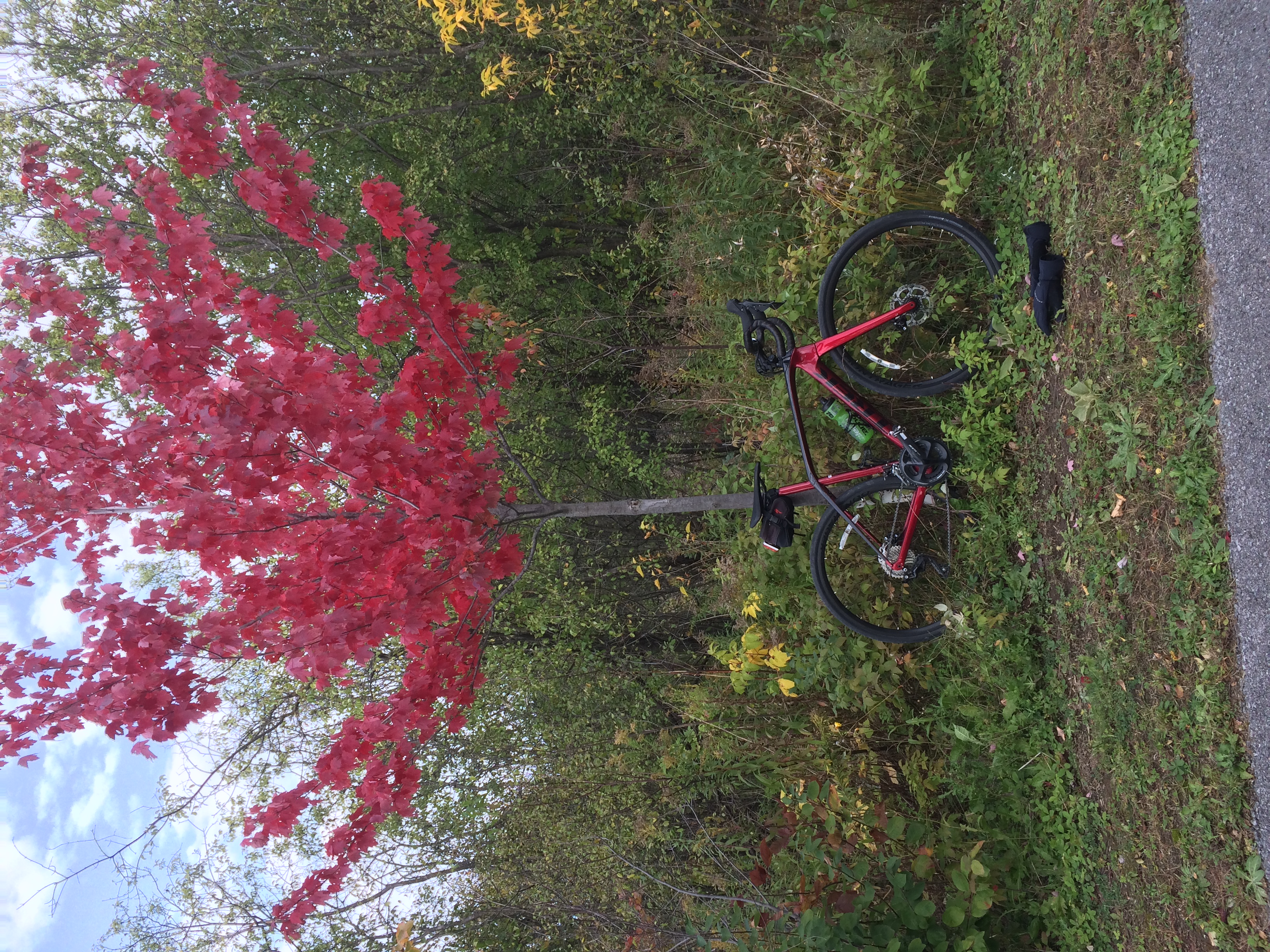Coaching Practices that Promote Adult Competitive Sport Participation
Abstract
Long-term development models contain context-specific advice that support coaches’ approaches, but more is needed to address psychosocial approaches for competitively-oriented adult sport. To this end, the purpose of this study was to explore what coaches do well, what they could do better, and where they need support in developing adult-oriented psychosocial coaching approaches. Eight Masters rowing coaches from a North American rowing organization were interviewed using the Adult-Oriented Sport Coaching Survey. Interviews were thematically analyzed. Adult rowers have matured self-concepts, varied competitive orientations, and interest in quality programming. The coaches coached well according to adult-oriented survey factors but noted difficulties creating personalized programming, determining athletes’ preferences for being held accountable, and imparting coaching knowledge. There were contextual challenges out of their control that constrained their application of adult-oriented themes. Coaches wanted adult-related coach education and were interested in feedback on their coaching. Recommendations are made for long term development models.
Keywords: Coaching; education; self-assessment; community; masters sport
Downloads
Published
Issue
Section
License
Authors who publish with this journal agree to the following terms:
- Authors retain copyright and grant the journal right of first publication with the work simultaneously licensed under a Creative Commons Attribution-Share Alike 2.5 Canada License that allows others to share the work with an acknowledgement of the work's authorship and initial publication in this journal.
- Authors are able to enter into separate, additional contractual arrangements for the non-exclusive distribution of the journal's published version of the work (e.g., post it to an institutional repository or publish it in a book), with an acknowledgement of its initial publication in this journal.
- Authors are permitted and encouraged to post their work online (e.g., in institutional repositories or on their website) after publication, while providing bibliographic details that credit PHENex (See The Effect of Open Access).


